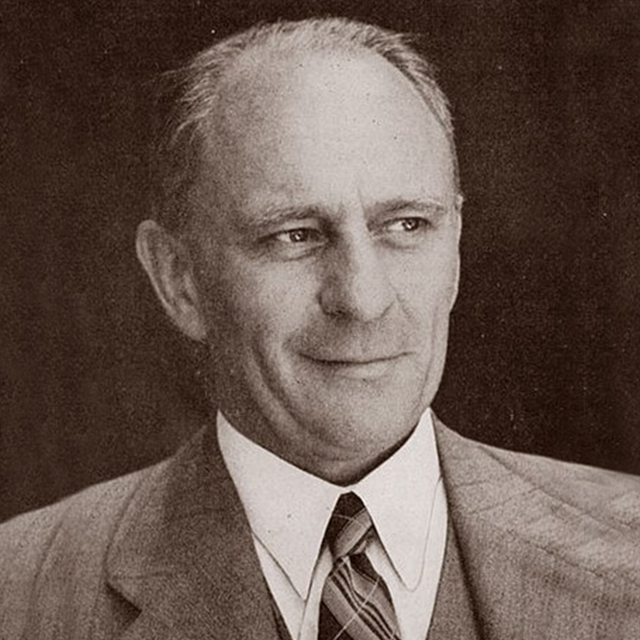Karl Bremer was born in Hopefield in the former Cape Colony on 27 April 1885. Following the death of his father, his mother relocated him and his six sisters to Wellington in the Western Cape where he completed his secondary education at the Huguenot College.
Bremer arrived in Stellenbosch during 1903 to study at the Victoria College (today known as Stellenbosch University [SU]) and graduated a few years later with an honours in botany. This earned him a scholarship to further pursue his medical studies in England. He subsequently obtained qualifications from the University of Cornell in New York and at St Bartholomew’s Hospital in London, the latter being where he became a physician. Through the University of Berlin, he eventually became a specialist in otorhinolaryngology.
Upon his return to South Africa, Bremer established himself as a physician in Cradock in the Eastern Cape during 1910. There he was also elected to the city council. The First World War followed shortly thereafter and he was called up to serve as a medical doctor for the South African troops in East Africa. When it ended, he took up a position as medical inspector of schools in the Cape Province before going on to establish himself as a general practitioner in Graaff-Reinet in 1919.
Bremer’s period in the region also saw him becoming more actively involved in politics. In 1924 and 1925, and again between 1929 and 1943, he served as deputy for the Graaff-Reinet constituency, before becoming a member of Parliament for Stellenbosch in 1943. He served on the Senate between 1949 and 1951 and was elected as representative of the Ceres constituency in 1951. However, during the same year, Dr Albert Jacobus Stals, the minister of health and social welfare in Dr DF Malan’s cabinet, passed away and Bremer was chosen to succeed him.
He was a long-standing member of the Medical Council of the Union of South Africa and in 1943 he became president of the organisation. In addition, he was elected as vice-chancellor of SU in 1950 and remained in office until his death three years later.
Upon his death, the Organisation of State-recognised Physiotherapists acknowledged his involvement in the country’s first National Conference on Handicapped Persons, and its related Supplementary Health Services Bill. The Karl Bremer Hospital in Bellville was posthumously named after him.
